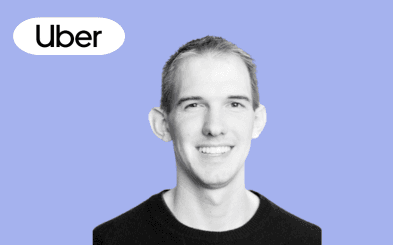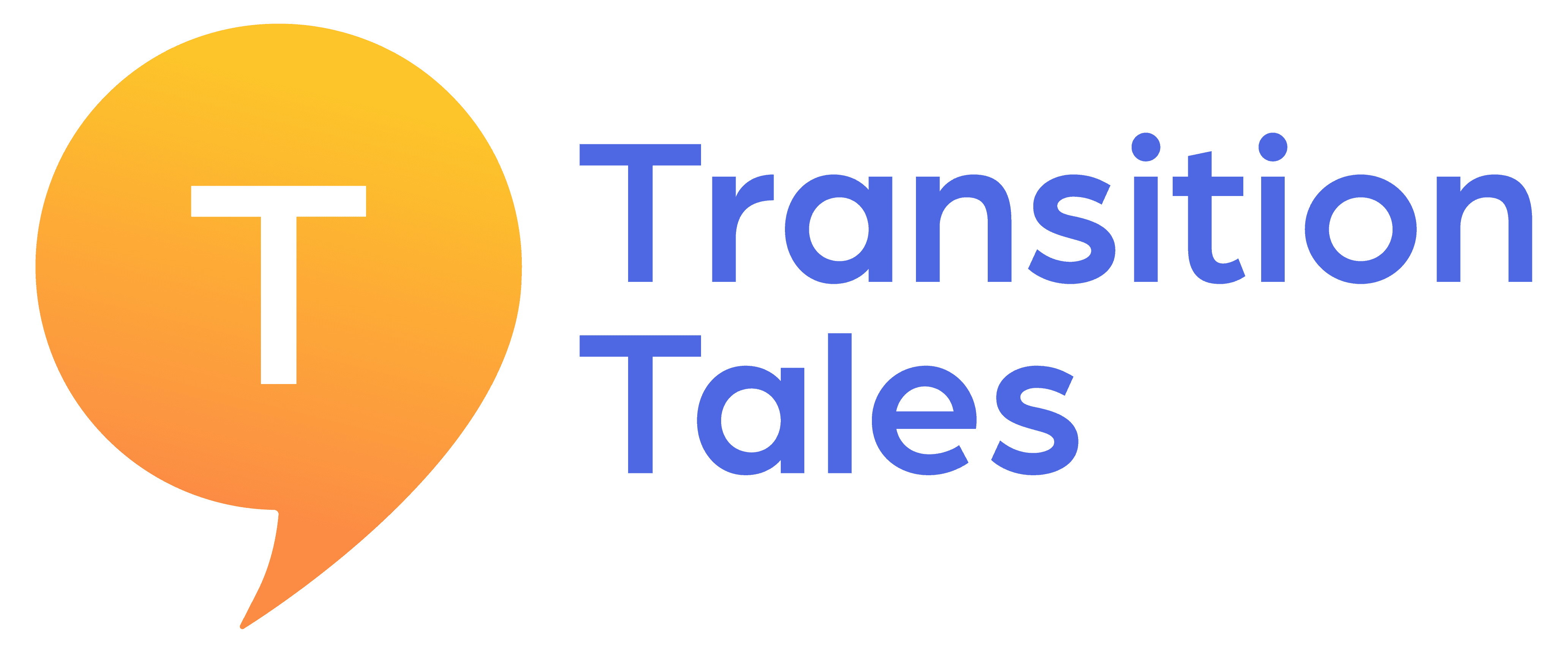Profile
How Britton Thoughtfully Grew His Tech Career
About
Challenges
Resources

Britton Overall
Product Lead at Uber
Transition Summary
Consulting @ Accenture
PM / Senior PM @ Amex
Founding PM @ Fluidity
Product Lead @ Uber
Britton! Tell us about what you do.
I'm a Product Lead on the Uber Eats Growth team, leading 2 areas:
One, our segments team that focuses on finding strategic personas where Eats is currently undeserving their needs (i.e., low frequency, students, etc.).
Two, our messaging team that owns the in-app messaging platform and surfaces that a variety of teams use to upsell and cross-sell services, along with the intelligence for our out-of-app channels.
Our teams work across the Eats funnel, and across both Eats and Rides, with the ultimate goal of increasing engagement and retention.
Tell us a little bit about what your career journey has been like and how it brought you to the position that you're in today
I thought I was going to go to law school, but from a few internships in college realized I really liked business so I ultimately decided to go into consulting, working for Accenture for about three years.
Consulting in general is a great place to start as a PM. I was lucky enough to be in a practice that focused on the traditional strategy side, interacting with client c-level leadership, but also systems integration which was a bit rare at the time.
That really gave me the taste of working on a variety of projects, thinking about the core problems, ways we can solve them, and also how we could bring it to life.
Around my 3rd year at Accenture, product management was becoming somewhat of a more defined role in the industry. I really enjoyed what I was doing, but really liked the idea of owning an area end-to-end - getting to see results, iterate - so I made the move to American Express into a formal product manager role.
As I jumped into the role, there was a lot that I was able to leverage from consulting - strategy, stakeholder management, softer skills of knowing how to tell a story in a deck, program management, etc. I think a lot of these things you take for granted as “common skills” but forget many PMs don’t necessarily have coming from other backgrounds.
I was also lucky that when I went to Amex after Accenture, I started as a strict IC PM vs. coming in senior or as a people manager. And with that, I got the opportunity to actually be on the ground in every way to drive the product forward which helped reinforce all of the core PM skills.
Most of my roles from then on were more growth focused. I helped launch the Amex EveryDay card, then launched AMEX Personal Loans 0 to 1. I then helped launch Business Loans as skinned version of the Personal Loans product, and then whitelabel this with 3rd-party partners. The mix of B2C, B2B, and B2B2C experience was really helpful to broaden my skill set and enhance my understanding of different market dynamics.
How did you get that initial PM opportunity at AMEX after Accenture?
I basically asked: what are some highly transferable skills that I have?
After working in a health tech function at Accenture, I realized working in a highly regulated space was valuable. I had a friend that worked at Amex. He referred me, referrals are super helpful. After getting the initial interview, I leaned on everything that I could to sell my relatable skills (strategy, influence, working in a highly regulated space, etc.). I just tried to sell myself but was also honest on where I have gaps (ie tech, design) and how I was confident I could quickly make up those gaps if given the opportunity.
Sign up for our newsletter
Discover inspiring stories, valuable resources, and advice to navigate your
career transition with people who are two steps ahead of you.
Were there challenges that you experienced along the way or advice that you got that you found really helpful?
I think for me, in my career at least, for every role I had certain things that I wanted to learn. There are so many different competencies a PM has to be able to effectively manage a product - from vision and strategy to partner management to working with design and UXR to writing requirements and building technical depth. It is rare that any PM exceeds performance on every single one of these competencies so you really need to be very critical of yourself in terms of what skills you have not perfected and really work to improve in these areas in every role, every project that you take.
For me, one particular competency was my design depth, an area I didn’t get a lot of exposure to at Accenture. This was a blatant gap I would say in my PM resume. My first role at Amex was very backend heavy, improving pricing strategy and partnering with other teams and product marketing on any frontend, which was great to better build my technical depth. But I knew in my next role, I needed to have elements to it where at least like 50 percent of my time was going to be on frontend projects where I was going to be going through the normal motions of working with designers to do user research, build out prototypes, and conduct usability testing. So when I took on the role to launch Personal Loans, this was definitely a factor. Making sure that you intentionally craft your path to be able to get those skills is super important.
And then from there, I would say after you go through a few on-the-ground PM roles, you now have a base of business, design, and tech you start understanding where you're more interested and where you still have skill gaps. And for most PMs later in your career, especially where I am now, it's evolved past getting some of those harder skills that I needed to round out from a PM perspective. Now it's more vision, strategy, and team management. That's definitely where I am now, where I've managed teams for four to six years now, but there's always room to grow there.
What made you decide to move from Amex to Uber. And how did that opportunity come about?
Amex was a very large company and most of my clients at Accenture were also Fortune 500 companies. I had been working in big companies for a while and I wanted to make a dramatic shift to work at a startup in some form or fashion.
I was really interested in blockchain at that point. I had been attending quite a few meetups to learn more about the space and met a founder who was looking for a founding PM to help build out their product org. It was a seed-funded startup and the blockchain space. And so that's what actually was my next move.
I really think every PM should work at a Series B or smaller once in their career where you have to wear just a ton of hats to really appreciate what it takes to launch a product and a business. That experience really opened my eyes to how much I took for granted that bigger companies like Amex had all of the supporting functions and processes.
Once we launched and made a successful exit, I wanted to go somewhere a little more in-between – somewhere that moved fast and took 0 to 1 bets, but also had supporting functions that I could really focus on developing myself as a product leader.
I joined Uber Money and then two weeks later under the forcing function of the pandemic moved to Uber Eats to form the Growth team. I love it. I think it was exactly what I wanted it to be. I've learned so much being here on so many different levels.
One piece of advice for someone who is navigating their career paths right now, maybe trying to break into tech, maybe trying to break into PM?
I think the hardest thing is landing the first role as a PM if you don’t go the traditional APM to PM route, and getting that on your resume. To navigate this, think about what you’re truly interested in and/or where you have enough expertise in your current role that you can make up for any resume gaps. Network and talk to a lot of PMs at different companies. Ask those PMs to connect you with other PMs. And ask for referrals – trust me people are much more willing than you think to refer you. You will inevitably run into somebody that needs the skills that you have in some form or fashion, and are willing to take a bet on you. But until you reach out and actually introduce yourself and make the connection it's going to be hard because you're going to be another resume in a pile.
There are also a lot more resources these days to prep for product cases which is really important before you jump into any interview loop. Practice makes perfect.
Transition Tales
